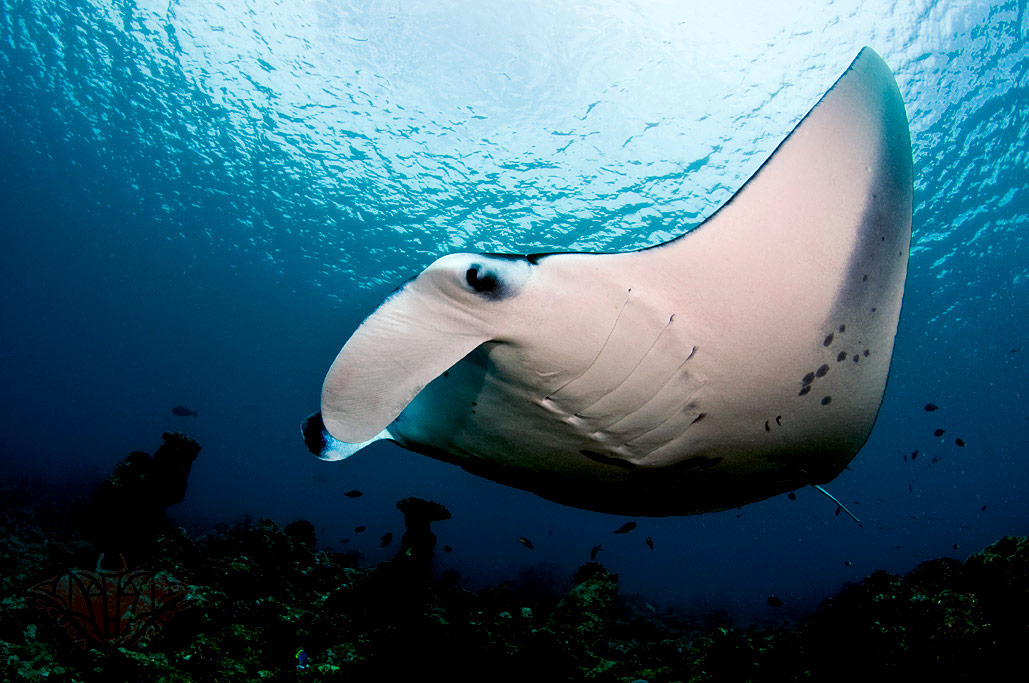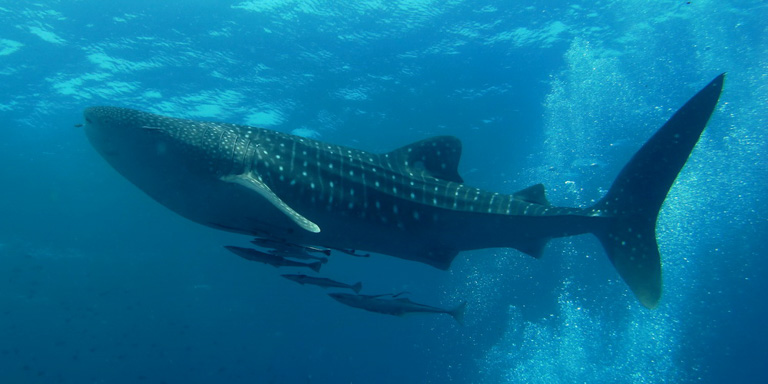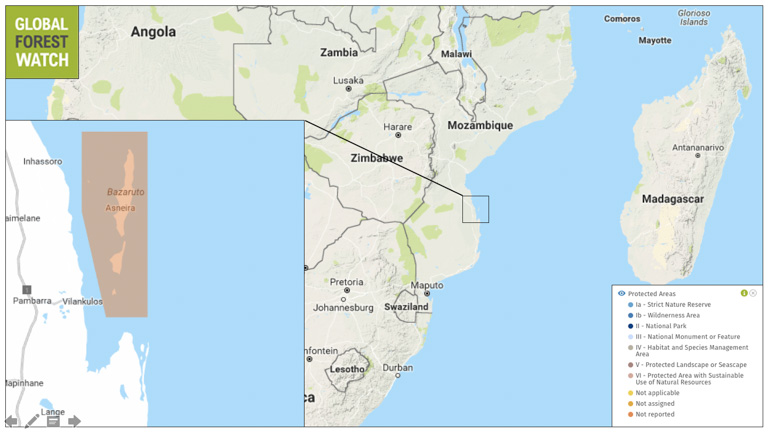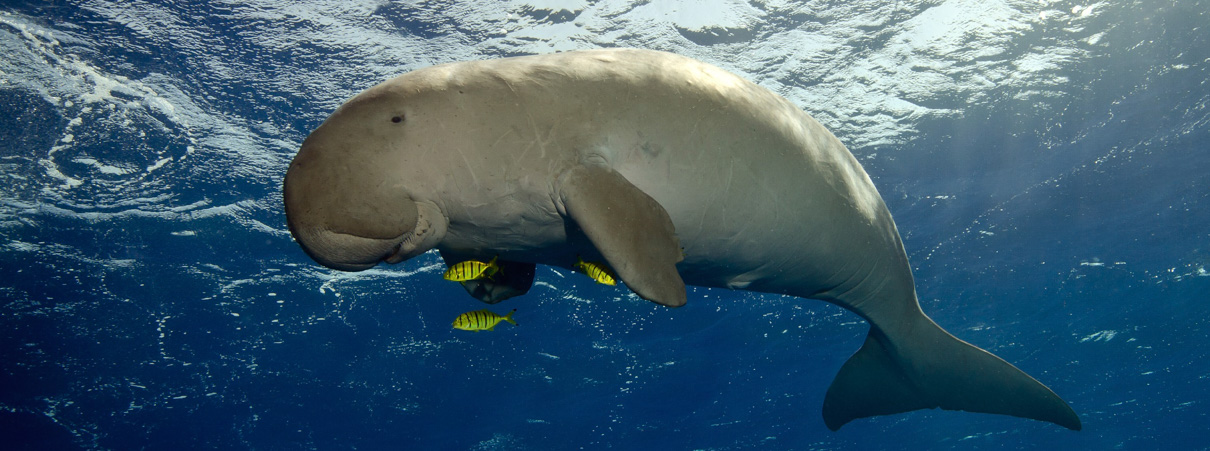- The conservation NGO African Parks signed an agreement to manage Bazaruto Archipelago National Park in Mozambique.
- Leaders established the park in 1971, but recent illegal fishing and unregulated tourism has threatened the ecosystem and its economic value, African Parks said.
- The park is home to 2,000 species of fish and hundreds of species of birds, reptiles and mammals, including some of the last dugongs in the western Indian Ocean.
A sliver of ocean on the Southern Africa coast is getting a new chance at success thanks to an new agreement.
The National Administration of Conservation Areas of Mozambique has enlisted the help of the conservation NGO African Parks, which manages more than a dozen protected areas in eight other countries on the continent, to run Bazaruto Archipelago National Park for the next 25 years. The organizations hope the move will jumpstart tourism in the park and help safeguard its resident wildlife, including hundreds of species of birds, reptiles, mammals and fish.

“Bazaruto has the tremendous opportunity to show how a national park can create a conservation-led economy, where the protection and management of wildlife and their habitats not only ecologically restores the park, but can create economic benefits for local communities,” said Peter Fearnhead, the CEO of South Africa-based African Parks, in a statement.
The government set aside the 1,430-square-kilometer (552-square-mile) reserve in 1971. In an email to African Parks supporters, Fearnhead described Bazaruto as “a critical sanctuary for numerous species of marine megafauna including dolphins, sharks, whales, whale sharks, manta rays and turtles.”
Around 2,000 fish species call the park home, along with some of the last remaining dugongs (Dugong dugon) in the western Indian Ocean, according to African Parks. The dugong, or sea cow, is an IUCN-listed Vulnerable marine mammal.
Despite the presence of unique wildlife, recent threats have jeopardized its potential as a destination for tourists and a lynchpin of the local economy, Fearnhead said in his email. Illegal fishing outfits have moved in, and authorities haven’t been able to control the extraction of natural resources or the spike in “uncontrolled tourism activities.”

Fearnhead pointed out that these issues could cause problems for the park’s ecosystem, and he said that revenues from the park have already taken a hit — a problem for local communities already struggling with poverty.
Nearly 6,000 people live on three of the five islands found in the park, and they depend on resources from the sea to survive, African Parks said.
The NGO’s plan includes training local residents to work in tourism and hospitality, as well as helping them with launch businesses to generate income. It will also add airborne surveillance to complement boat and foot patrols by rangers in the park with the goal of warding off further illegal activity. And the team plans to monitor the conservation statuses of key species found in the park.
“Bazaruto is an extraordinary conservation area whose time has come to be sufficiently protected and revitalized,” said Celmira Frederico Pena da Silva, the vice minister of the Ministry of Land, Environment and Rural Development in Mozambique, in the African Parks statement.
She welcomed the partnership and said that with its help it could both protect the park’s natural resources and ensure that local communities benefit.
Pena da Silva added, “Together, we can finally elevate Bazaruto to its rightful position as one of Africa’s greatest marine sanctuaries.”

Source:
Mongabay
IUCN and UNEP-WCMC (2017), The World Database on Protected Areas (WDPA) [On-line], September, Cambridge, UK: UNEP-WCMC. Available at: www.protectedplanet.net. Accessed through Global Forest Watch in December 2017. www.globalforestwatch.org
Banner image of a dugong by Christian Schlamann, courtesy of African Parks.
